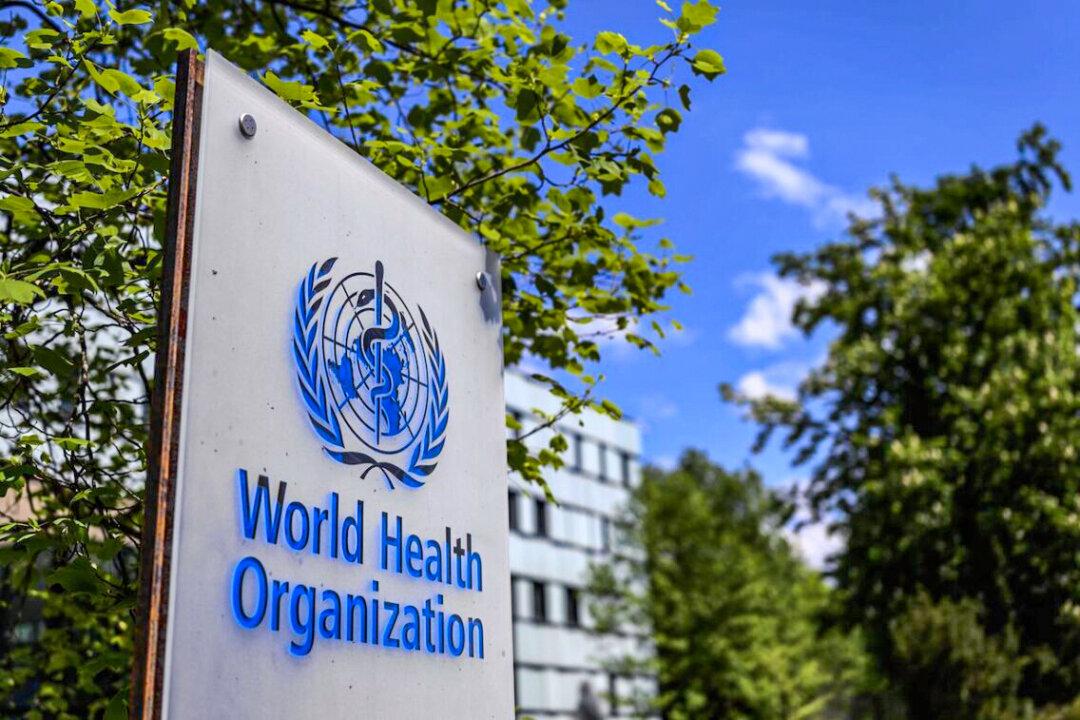U.S.-proposed amendments to the international health regulations which govern response to pandemics and the new global pandemic treaty, both on the agenda of the World Health Organization’s general meeting, pose a threat to countries’ sovereignty, said journalist and author Nick Corbishley.
The amendments proposed in January by the Biden administration will give the Director-General of the World Health Organization (WHO) unilateral authority to declare a public health emergency in any nation based on whatever evidence the director chooses.






